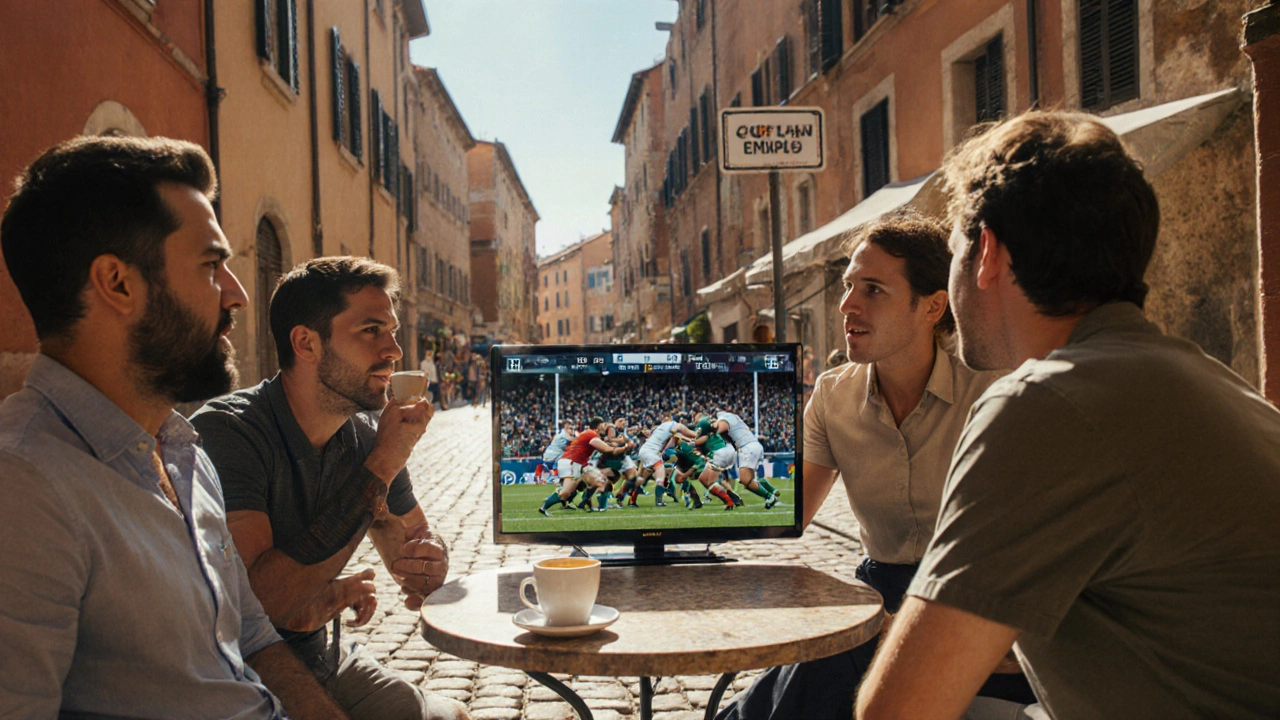Rugby Italy Term: Your Quick Guide to Italian Rugby Vocabulary
When talking about rugby Italy term, the set of words and expressions uniquely used by Italian players, fans and coaches. Also known as Italian rugby slang, it reflects the country’s love for the sport and its regional flair. Understanding it helps you follow a match, join a local club, or simply sound like a true fan.
One of the biggest building blocks of this language is rugby slang, colorful shorthand like “tackle a palla” or “tirare il lineout” that pops up on the pitch. These terms often borrow from everyday Italian, turning a standard play into a catchy phrase. Knowing the slang lets you decode on‑field chatter and connect with teammates faster.
Another key piece is rugby extra time, the period added when scores are level after the regular 80 minutes. Italian clubs follow World Rugby’s extra‑time rules, so the phrase “andiamo in extra time” signals that the game will stretch beyond the usual duration. This concept links directly to the rugby match duration, the standard 80‑minute clock that can expand with stoppage or overtime you’ll hear mentioned in broadcasts and match reports.
Why It Matters for Players and Fans
Grasping the rugby Italy term isn’t just about sounding cool; it’s a gateway to the broader rugby culture in Italy. For instance, the rugby school, educational programs that teach both skills and local terminology often embed these phrases into training drills. When a coach says “mettiamo il ruck forte”, a player who knows the term will instantly picture a solid ruck formation.
These entities interact in clear ways: rugby Italy term encompasses rugby slang; rugby slang requires knowledge of match duration; match duration can trigger rugby extra time; and rugby school teaches all of them together. That network forms the backbone of any Italian rugby conversation.
Below you’ll find a curated list of articles that break down each piece in detail— from the most common slang words to how extra time is decided in major tournaments, and which schools offer the best immersion programs. Dive in to boost your vocab, understand the rules, and feel right at home the next time you hear a lively discussion at a café in Milan or a stadium in Rome.
